Beyond Brain Injury
Tumour or Brain Cancer
Growth of abnormal cells in the brain result in tumours or cancers. Brain tumours or brain cancers can be cancerous (malignant) or non-cancerous (benign). Symptoms depend on where the tumour is located inside the brain and the rate at which the tumour is growing. The effects of the tumour or brain cancer can be slow and gradual or occur suddenly.
There are many brain tumour types, based on the brain tissues they affect. Brain tumours can lead to increased pressure or swelling of the brain inside the skull. This can lead to symptoms such as:
nausea and vomiting – often worse in the morning or after changing position (e.g. moving from sitting to standing)
headaches – often worse when you wake up
vision problems incl. blurred or double vision
confusion and irritability
seizures (fits) – might cause some jerking or twitching of your hands, arms or legs, or affect the whole body
weakness in parts of the body
drowsiness
poor coordination
loss of consciousness
difficulty speaking or finding the right words.
The symptoms experienced will depend on where the tumour is in the brain or spinal cord. An individual medical diagnosis is necessary to understand the extent of the problem and appropriate treatments. Brain tumours can be removed by surgery as long as it is considered safe to do so. Radiotherapy and chemotherapy are also used to eliminate any sections left behind.
At Headstart we support a number of people who have had a brain tumour or cancer. With so many tumour types, each person’s experience is different as are the rehabilitation treatments and medications, some of which may need to continue throughout life.
Having the right supports is critical, and Headstart can be part of the recovery process. Some examples of rehabilitation can include:
• Physiotherapy - help with movement, balance and developing muscle strength with a physiotherapist or an exercise physiologist. Increase physical activity and exercise can improve circulation, reduce swelling and increase heart and lung fitness.
• Cognitive rehabilitation - help improving cognitive skills using memory activities, speech therapy, assistive technology with a neuropsychologist, speech pathologist or occupational therapist.
• Occupational therapy - help performing everyday personal activities such as showering, dressing or preparing a meal through an occupational therapist. A range of strategies and aids can help you manage fatigue and improve or maintain your independence.
• Speech therapy - help to restore speech with a speech pathologist.
The effectiveness of rehabilitation will depend on which part of your brain was damaged and how severely.
“At Headstart we aim to help people to live as independently as possible and explore ways to return to the activities that you previously enjoyed. ”
At Headstart we have been supporting people diagnosed with brain tumour and cancer since 1987. Here are just a few of our consumer stories to inspire hope:
Brain cancer left Mark with limited eyesight but he is finally pursuing his passions again. Watch his video here.
Leonie’s Story
Life changed for Leonie when doctors found a tumour as big as a peach in her brain, resulting in several strokes. Many years later Leonie is working to get back into hairdressing.
Kynan’s Story
After slowly losing his sight through a brain tumour diagnosed when he was seven years old, Kynan still chooses to look at the positives.
At 18 Tracey was diagnosed with a brain tumour. The challenge is real, but so is Tracey's courage. Watch her video here.
“Life after brain injury... make it happen”







